
Finding You The Best Air & Ground Source Heat Pump Systems
Air Source Heat Pumps
Ground Source Heat Pumps
Nationwide UK Installation
No Obligation Quotes
Finding You The Best Air & Ground Source Heat Pump Systems
Air Source Heat Pumps
Ground Source Heat Pumps
Canada-Wide Service
No Obligation Quotes

How it works

1. Complete Quote
Tell us a few details about your heat pump requirements by filling in our online form.

2. Installer Search
We'll search our database of reputable installers and find the best companies for you.

3. Compare Prices
Up to 4 installers will contact you to provide you with quotes. Compare & Save. Simple.
How it works


1. Quote Request
Tell us a few details about your heat pump requirements by filling in our online form.

2. Installer Search
We'll search our database of reputable installers and find the best companies for you.

3. Compare Prices
Up to 4 installers will contact you to provide you with quotes.
Compare & Save. Simple.
Air Source Heat Pumps

If you’re looking for the most affordable heat pump than an air source heat pump (ASHP) is your answer. They use air outside of a home to collect heat and transfer this heat inside the home either for heating air or water. This is why you can get air to air heat pumps or air to water heat pumps. Air to water heat pumps work well when used in combination with underfloor heating.
For every unit of electricity inputted to an air source heat pump, 3 - 4 units is created in heat making them the most efficient domestic renewable technologies one can buy. There exist 7 key stages in the cycle of an air source heat pump with the compression of gaseous refrigerant being the most critical and energy intensive step. If you're interested in purchasing a heat pump, complete our no obligation quote here.
Air Source Heat Pumps

If you’re looking for the most affordable heat pump than an air source heat pump (ASHP) is your answer. They use air outside of a home to collect heat and transfer this heat inside the home either for heating air or water. This is why you can get air to air heat pumps or air to water heat pumps. Air to water heat pumps work well when used in combination with underfloor heating.
For every unit of electricity inputted to an air source heat pump, 3 - 4 units is created in heat making them the most efficient domestic renewable technologies one can buy. There exist 7 key stages in the cycle of an air source heat pump with the compression of gaseous refrigerant being the most critical and energy intensive step. If you're interested in purchasing a heat pump, complete our no obligation quote here.
Ground Source Heat Pumps

The sun heats up the earth and ground throughout the year, even in the winter season. A ground source heat pump (GSHP) is built to capture this stored heat which is typically constant between 8 and 12 degrees Celsius.
Ground source heat pumps can be installed in one of 2 ways. If ground space is limited, bore hole(s) will be drilled to a depth between 15 - 150m. Pipes with refrigerant will be inserted into the bore hole. Similarly, if space is widely available a more shallow set up can be used over a larger surface area. As the ground temperature is relatively stable throughout the different seasons, the heat output and therefore efficiency is also more predictable than air source heat pumps.
Ground Source Heat Pumps
The sun heats up the earth and ground throughout the year, even in the winter season. A ground source heat pump (GSHP) is built to capture this stored heat which is typically constant between 8 and 12 degrees Celsius.
Ground source heat pumps can be installed in one of 2 ways. If ground space is limited, bore hole(s) will be drilled to a depth between 15 - 150m. Pipes with refrigerant will be inserted into the bore hole. Similarly, if space is widely available a more shallow set up can be used over a larger surface area. As the ground temperature is relatively stable throughout the different seasons, the heat output and therefore efficiency is also more predictable than air source heat pumps.

Residential & Commercial Installation
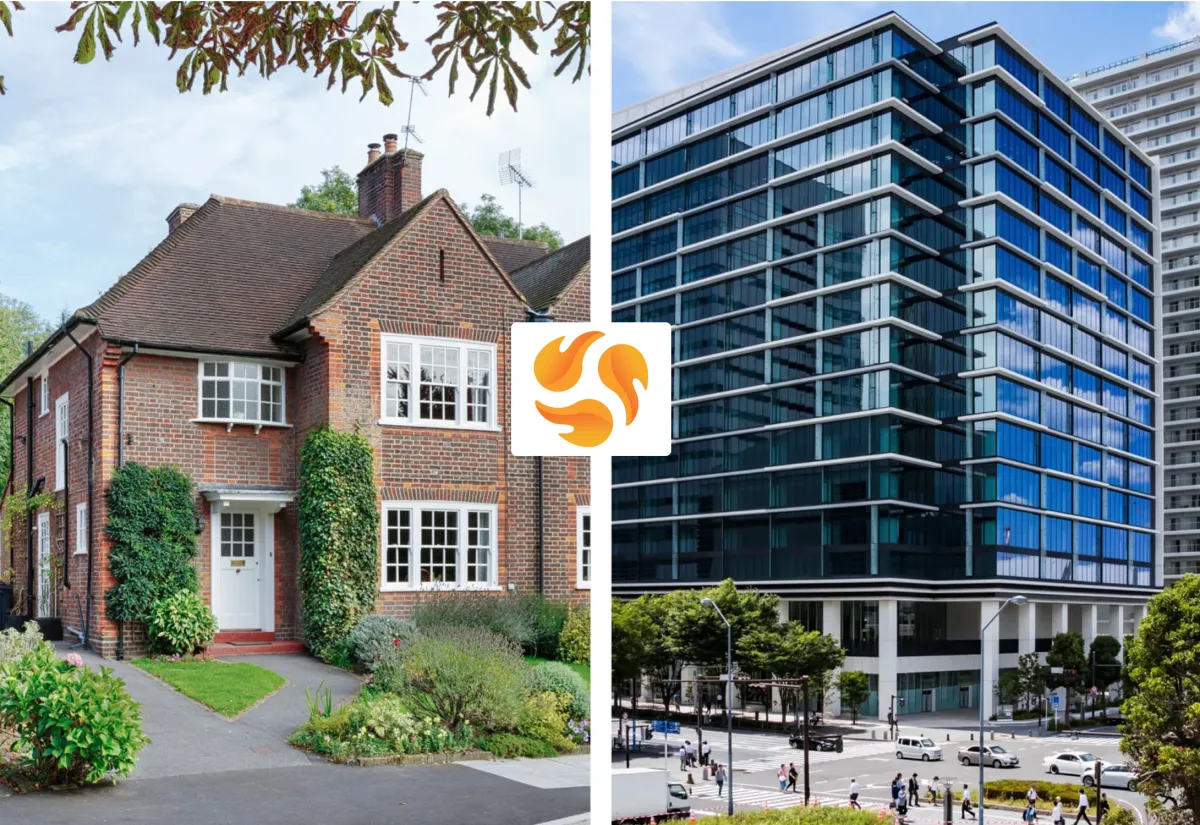
Whether you’re a homeowner or run a business. If you’re looking to utilise the power of renewable energy to heat your home or business, our installers are ready to help.
Homes and businesses are able to apply for grants of up to £5,000 until April 2025. In order to apply you must have a current Energy Performance Certificate. This ensures that your home or business has sufficient insulation to work in unison with a heat pump.
Residential & Commercial Installation
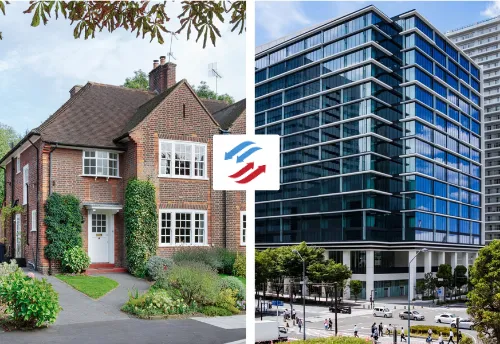
Whether you’re a homeowner or run a business, if you’re looking to utilise the power of renewable energy to heat your home or business, our installers are ready to help.
The Canada Greener Homes Loan offers up to $40,000 interest free to make your home more energy efficient and comfortable.

What are heat pumps and how do heat pumps work?
As the name suggests, a heat pump quite literally pumps heat from one environment to another. This usually from an external system with infinite volume to an internal system with finite volume such as a home or building.
In order to transfer 3 - 4 kwh of heat, 1kwh of electrical energy is used.
Depending on your individual system the heat can be delivered in a variety of forms including a hot water cylinder, air, radiators and underfloor heating. Both air source and ground source work in similar ways except one uses the atmosphere as reservoir to collect heat from and the other uses the ground. Find out more about how how pumps work by clicking learn more.

What are heat pumps and how do heat pumps work?
A heat pump is an electrically driven device that utilizes the energy that is already in the environment to heat or cool a house.
It extracts heat from the outside and projects it inside, even in winter!
In order to transfer 3 - 4 kwh of heat, 1kwh of electrical energy is used.
Depending on your individual system the heat can be delivered in a variety of forms including a hot water cylinder, air, radiators and underfloor heating. Both air source and ground source work in similar ways except one uses the atmosphere as reservoir to collect heat from and the other uses the ground. Find out more about how how pumps work
by clicking learn more.
Latest Blog & News
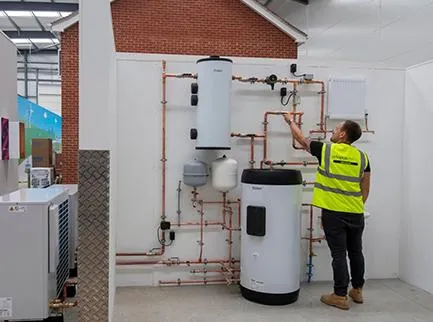
Boiler Upgrade Scheme (BUS): Everything You Need to Know in 2023
The Boiler Upgrade Scheme (BUS) is a government-funded initiative aimed at helping homeowners upgrade to heat pumps. Here is everything you need to know.
February 22, 2023

Why are Heat pumps so Expensive?
Ever wondered heat pumps are so expensive to purchase and install? Here's 5 reasons why.
February 22, 2023

Valliant aroTHERM Hybrid Heat Pump System Review 2023
Valliant aroTHERM hybrid heat pump works alongside traditional boilers. Check out our full review and see if it could suit your home.
February 22, 2023
Latest Blog & News
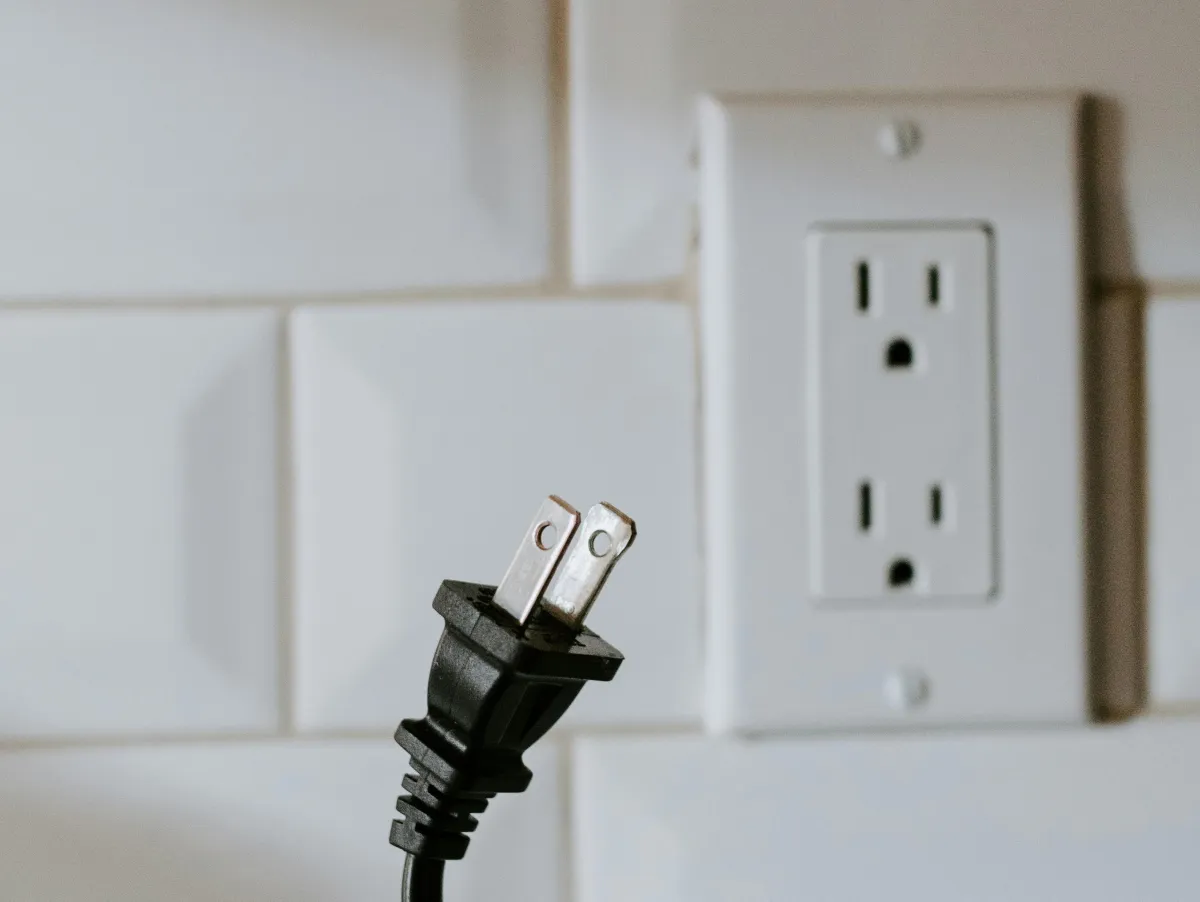
The Ultimate Guide to Heat Pumps: Cost and Benefits for Canadian Homeowners
Are you a Canadian homeowner looking to upgrade your home's heating and cooling system? If so, you may want to consider installing a heat pump. In this guide, we'll explore the cost and benefits of heat pumps specifically tailored to the Canadian climate
February 22, 2024
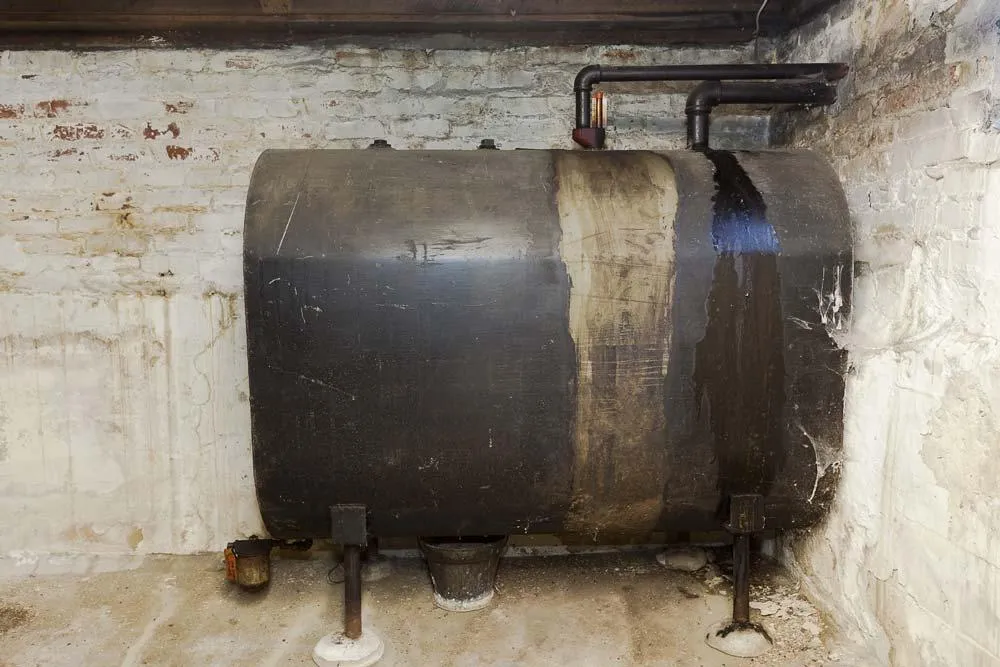
Oil to Heat Pump Affordability Program
Canadian homeowners may be eligible to receive up to $10,000 for the purchase and installation of eligible heat pump systems. And for residents in Nova Scotia, Newfoundland and Labrador, and Prince Edward Island, the incentives are even greater, with potential payments of up to $15,000 available.
January 9, 2024
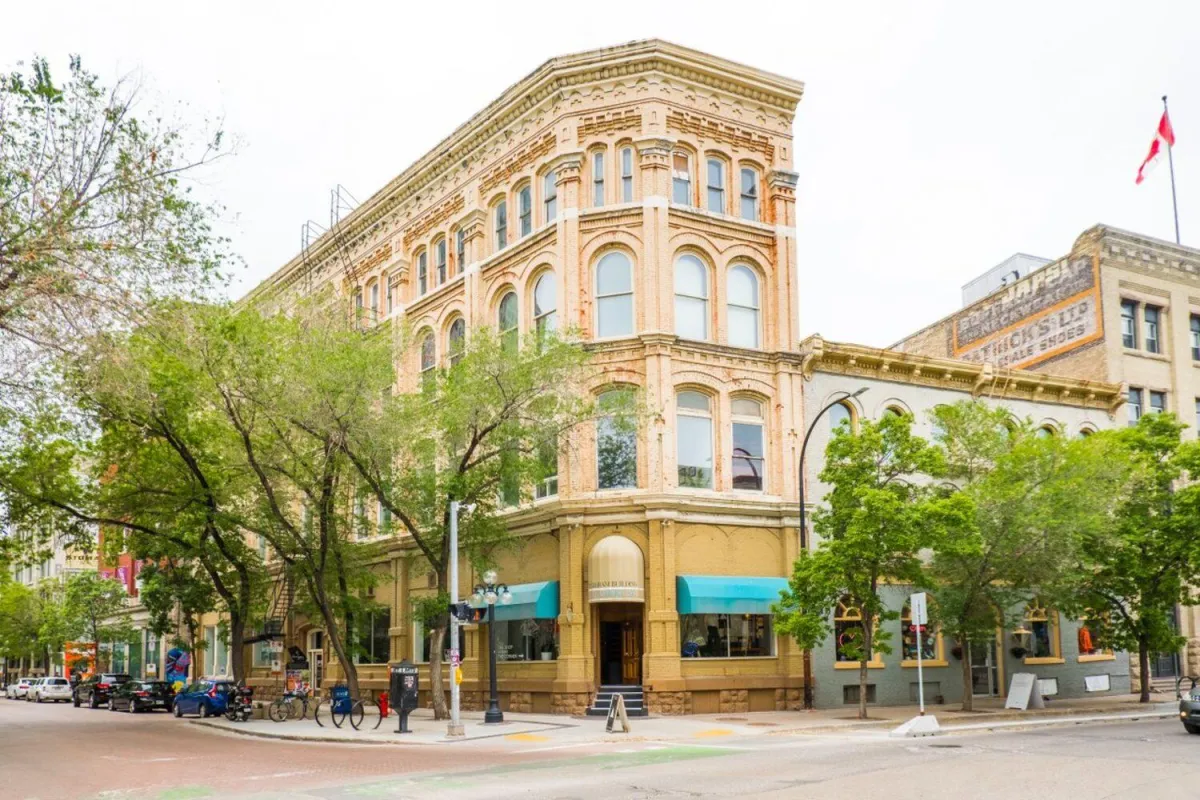
Transforming Your Home with the Canada Greener Homes Loan
The Canada Greener Homes Loan offers interest-free financing to help Canadians like you achieve just that. Whether you're considering upgrades to improve energy efficiency or enhance your home's comfort, this loan can be a game-changer.
February 16, 2024
Frequently Asked Questions
Air Source Heat Pumps - These are the most popular of all 3 as they have the lowest cost and only require a small space outside for the compressor unit. Ground Source Heat Pumps - Requiring bore holes, ground source heat pumps provide stable heat all year round Water Source Heat Pumps - If there is a water source nearby such as a river, lake or large pond, water source heat pumps are often the most suitable
The answer to this varies heavily according to the individual heat pump system. Factors such as insulation, size of home as well as the ratings all need to be considered. Generally speaking an air source heat pump will cost between $3,000 - $20,000 (quite a range, we know!) and a ground source heat pump will cost $20,000 or more. Find out more here.
Yes. Homeowners and businesses can claim up to $5,000 off their new heat pump system as part of the Canada Greener Homes Initiative. Find out more here.
Air source heat pumps are like fridges that operate in reverse. They take heat from outside and pass this heat inside using electricity. This process is done in a very efficient manner and is completely renewable given the fact that there will always be air outside.
Commonly abbreviated as GSHP’s, ground source heat pumps collects stored thermal energy from the ground and delivers this inside your home or building to heat your water.
No is the simple answer. Ground source heat pumps are relatively quiet as they do not require a fan like air source and even with air source heat pumps. By law a heat pump should not be higher than 45 decibels which is similar to a domestic fridge meaning it should not cause any disruption to your or your neighbours.
Get Heat Pump Quotes from Verified Installers
Nationwide UK Coverage
Get Heat Pump Quotes From Verified Installers
Canada-Wide Service

Heat Pump Chooser provides independent advice on heat pumps available in the UK. We provide reviews, guides and advice for a range of heat pumps.
Quick Links
Privacy Policy
Blog
Blog
Guides
Top 10 Air Source Heat Pumps
How an Air Source Heat Pumps Work?
Complete Guide to Heat Pump Costs
Contact Info.
0800 468 6893
info@heatpumpchooser.com
152-160 Kemp House City Road EC1V 2NX

HeatPumpQuotes.net provides independent advice on heat pumps available in Canada. We provide reviews, guides and advice for a range of heat pumps.
Quick Links
Privacy Policy
Contact Info.

422 Richards St, Vancouver, BC

